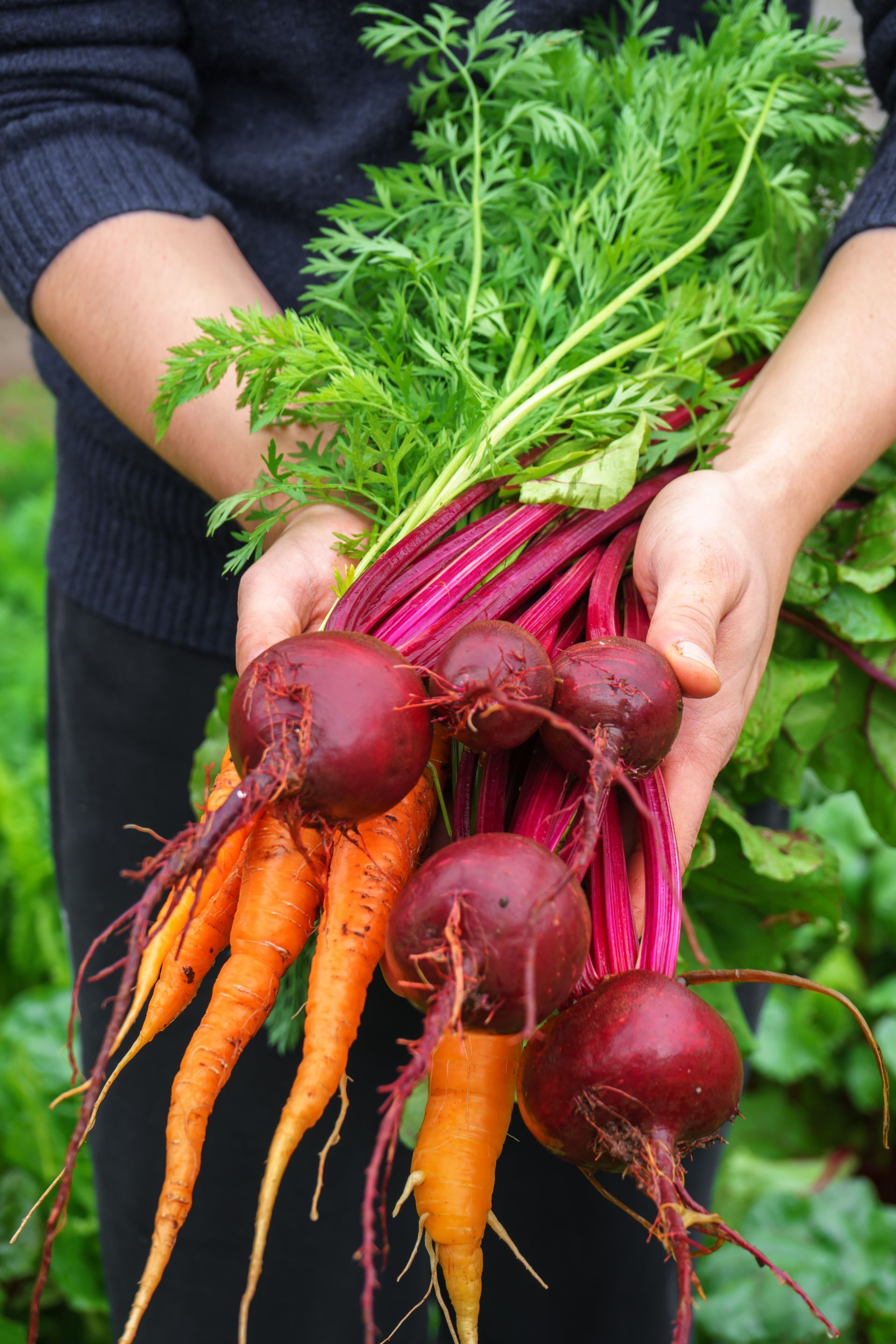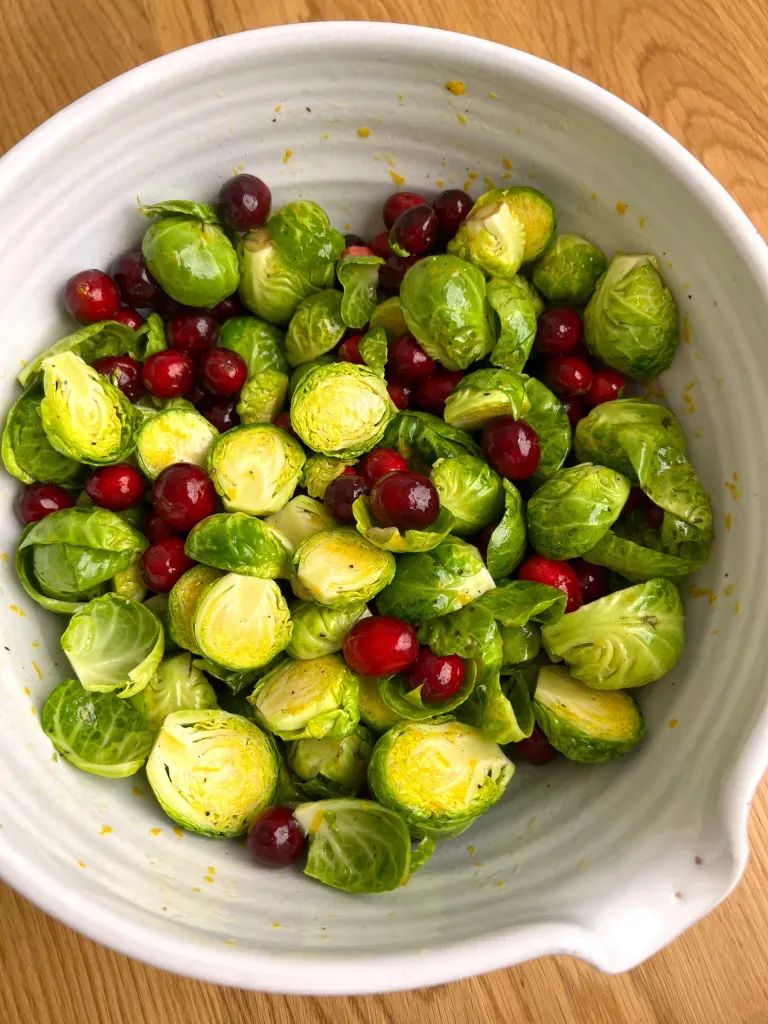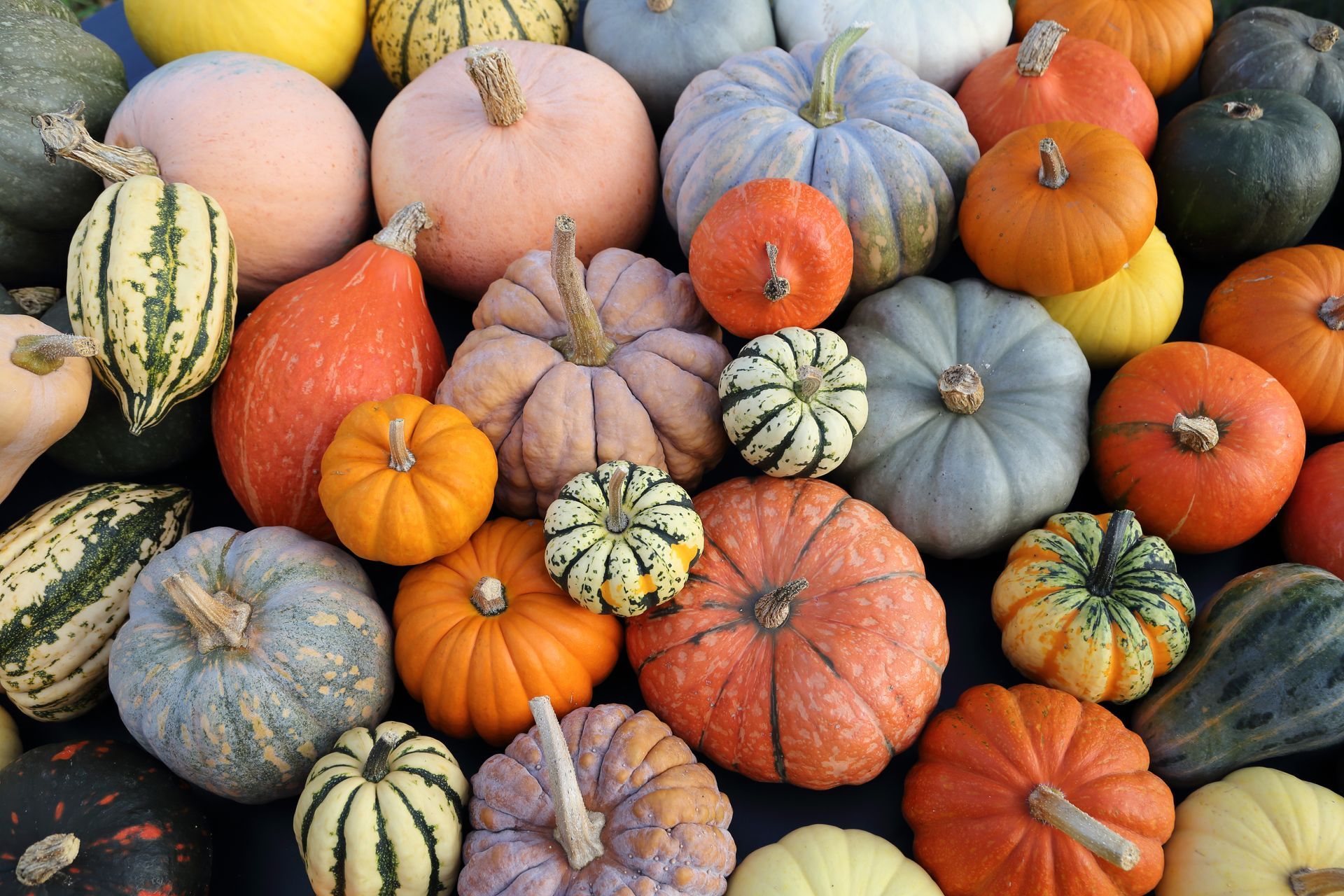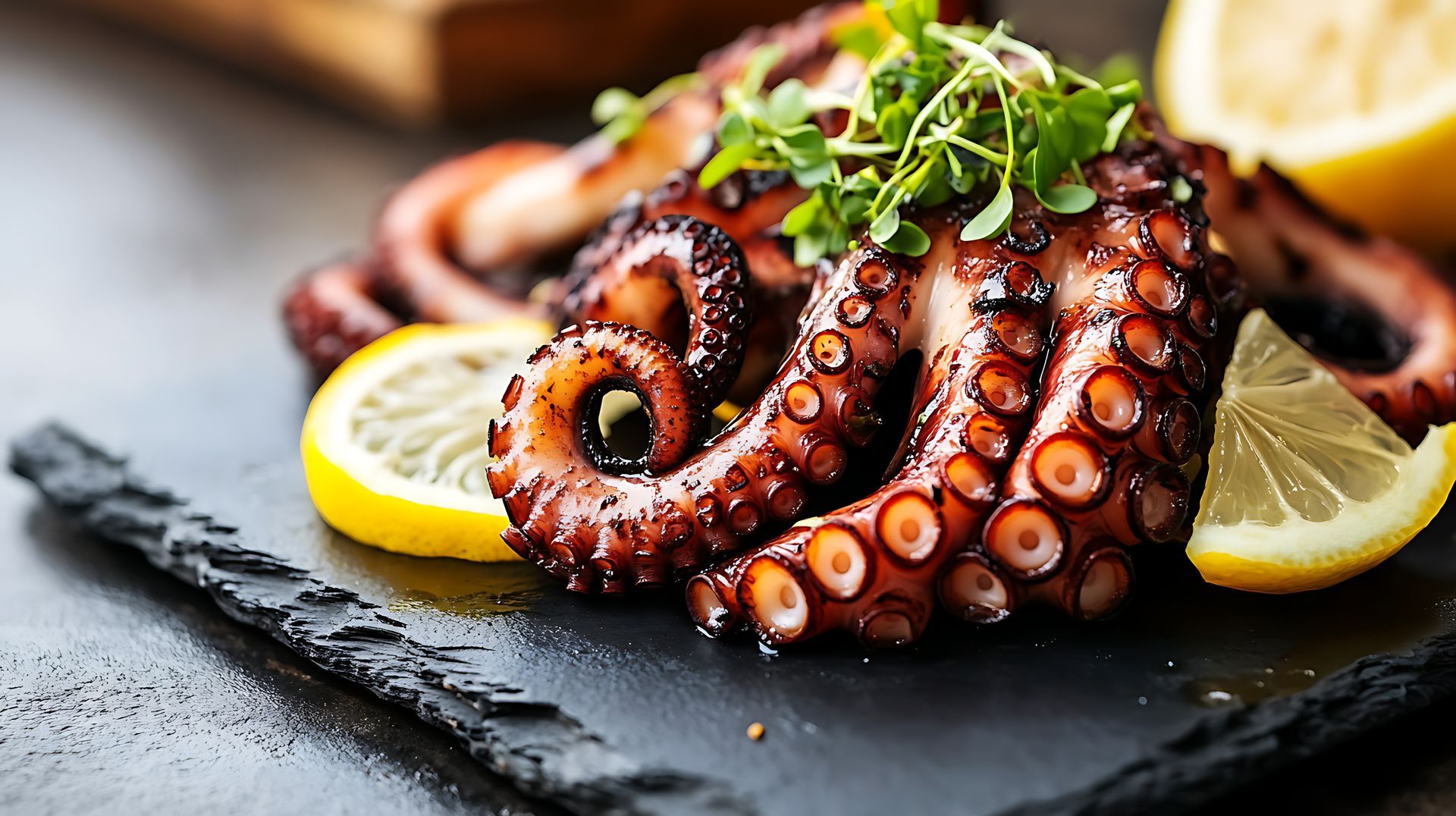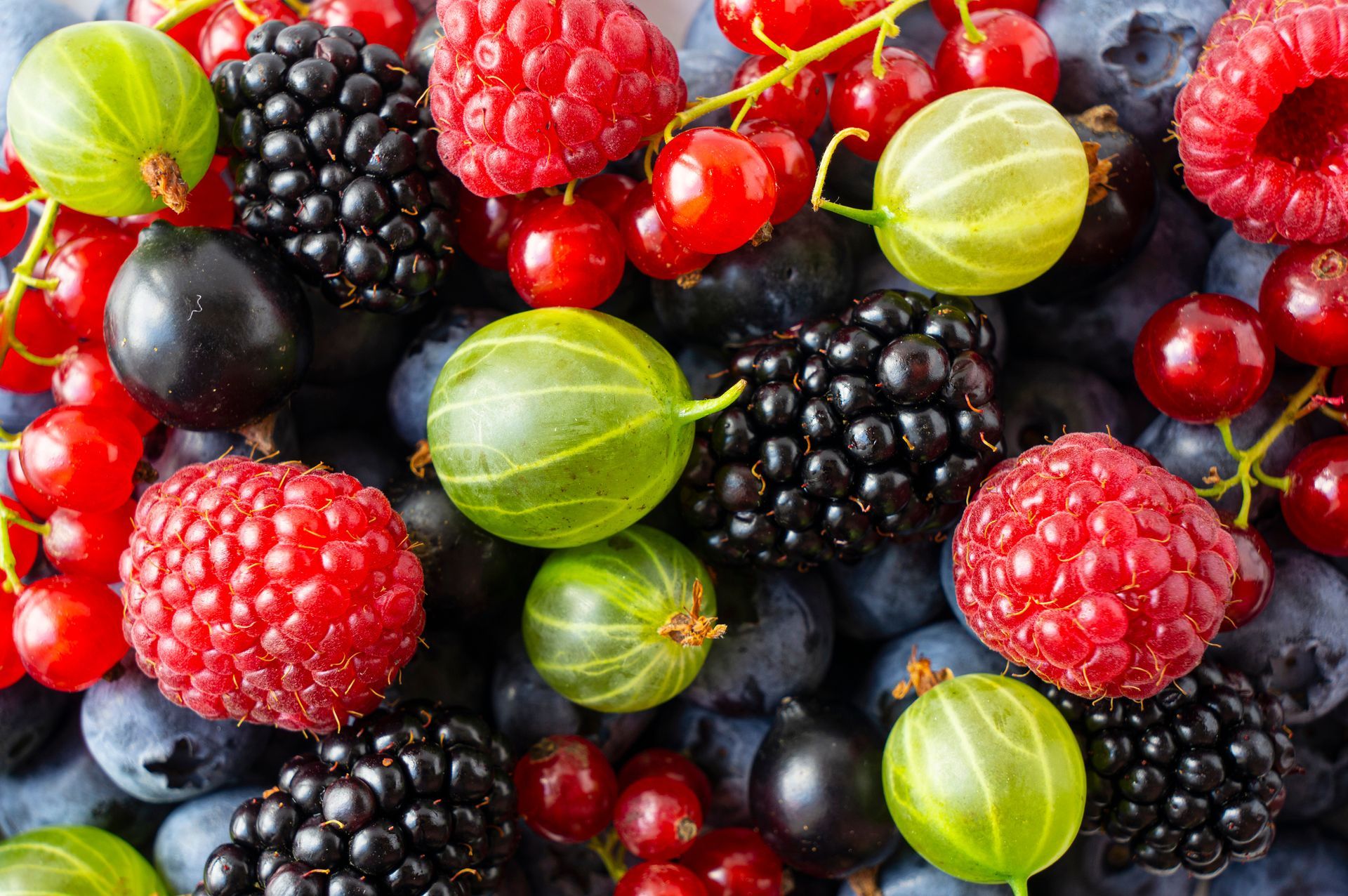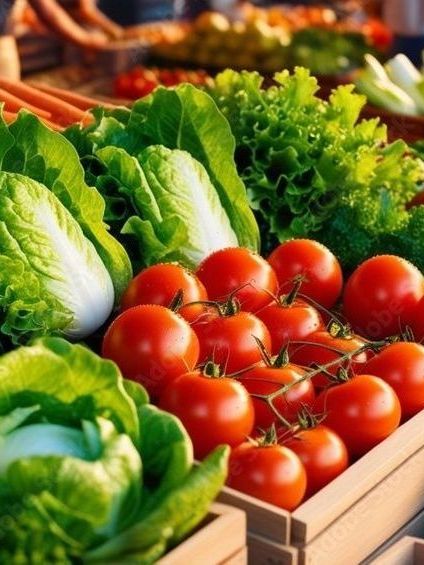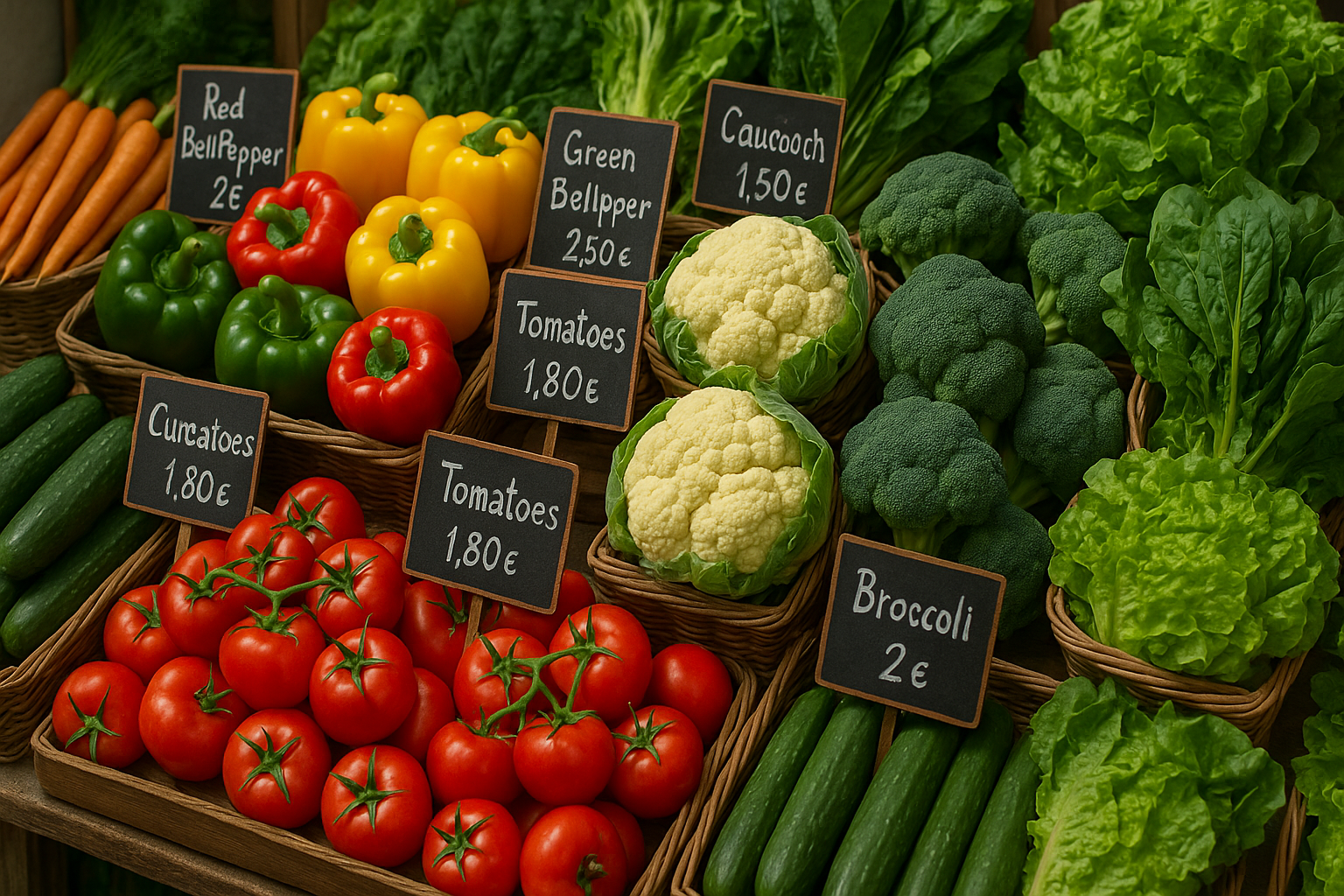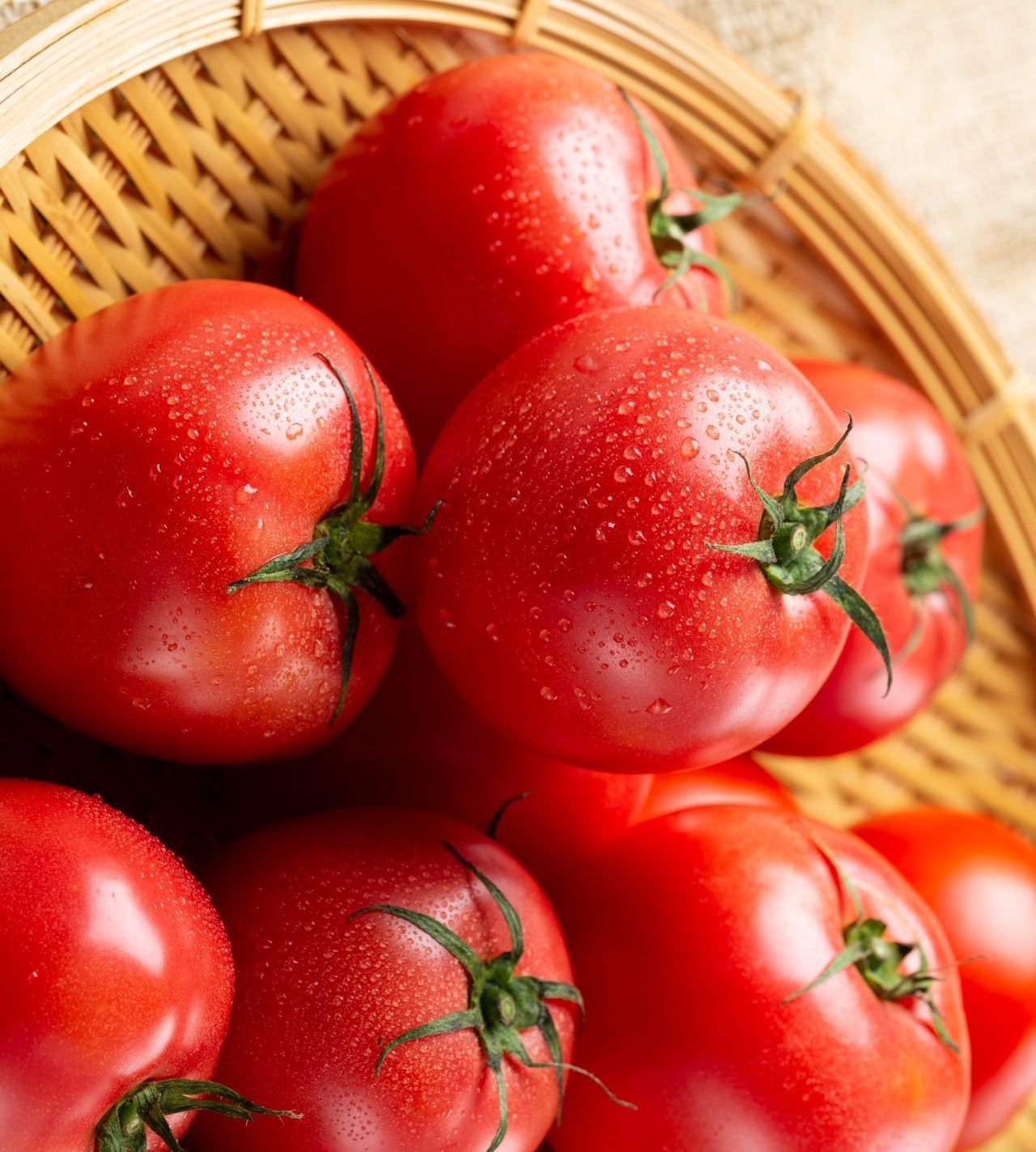January 2022 Industry News and Market Report
Average Customer Savings
Period November 2022 to December 2023
9.3%
Butchery
18.6%
Fish & Seafood
10.8%
Fruit & Vegetables
18.6%
Dry Stores & Frozen
Industry News
Hospitality sounds the alarm over restaurant closures
The closure of a raft of high-profile independent restaurants during the first week of the year has sounded the alarm over the difficulties facing small businesses. MasterChef finalist Tony Rodd's Copper & Ink in Blackheath, James Allcock's the Pig & Whistle in Beverley, and Phil and Deb Lewis' Kindle in Cardiff were among those to shut their doors in the face of rising costs. Simon Rimmer's Greens, the vegetarian restaurant he bought in Didsbury, Manchester in 1990, closed after 33 years of trading after facing a 35% hike in its rent.


Chef’s have been calling for a Minister for Hospitality and flagging that businesses are struggling even in areas of relatively high disposable income. When contacted by The Caterer about the recent closures and issues facing the industry, a government spokesperson said: "We recently extended measures to support pubs and hospitality, including offering a 75% discount on business rates up to £110,000 and providing tax relief for the sector worth nearly £2.4b. "We have also frozen alcohol duty until August 2024 and through the Brexit Pubs Guarantee we remain committed to ensuring there will always be a lower duty rate for draught products." The government will set out its future tax and spending plans in the Spring Budget on 6 March.
Le Gavroche is now closed
The two-Michelin-starred London restaurant ran its final service on 13 January after 57 years of trading. Michel Roux said the closure would allow him to have a better work-life balance and spend more time with his wife and grandchildren. He said he was in conversation with hotels about possible Le Gavroche pop-ups or residencies and has partnered with cruise line Cunard to take Le Gavroche out to sea on its luxury ships.

Skilled worker visas: what will the changes in 2024 mean for hospitality
Under plans to cut migration by 300,000 a year, the minimum salary requirement for a skilled worker visa will increase from £26,200 to £38,700 from April. The same salary threshold will apply to anyone, including British citizens, who wants to bring family members to the UK, although this has been delayed to 2025 after a government U-turn prompted by widespread dismay.
These policy changes could have a chilling effect on an industry still reeling from Covid, rampant inflation and the resulting cost of living crisis, businesses fear. What’s more, the government made its decision, according to the trade body UK Hospitality, without any consultation with the industry.
The organisation, which represents firms running 100,000 hospitality venues, has written to the Home Office laying out some of its concerns. These include the fact that 95% of the 8,500 migrant workers recruited last year would be ineligible for a visa under the new thresholds. With migrants accounting for about 15% of the sector’s workforce, shutting them out altogether would only intensify the frenzied battle to find staff. The job vacancy rate in the sector is already high at 8% – about 120,000 roles unfilled – and the shortfall rises to as much as 10% for head chefs and 21% for production chefs, the worker bees who keep dishes flowing in high-volume kitchens and factories.
Market Report
Fruit & Vegetables
January will prove to be a challenging period for many key products. The storms in early Autumn together with the excessive rainfall towards the end of the year have affected crop yields. It is not all doom and gloom for menu planners with a great selection of products due to arrive.
In season this month; Yorkshire Rhubarb, Broccoli and Tenderstem Broccoli, Parsnips, Swede, Cabbage, Seville Oranges, Blood Oranges, Bramley Apples, Pink Grapefruit.
Cauliflower prices will remain high with low volumes arriving. The shortage could potentially remain until UK products start in spring.

Potato yields are significantly down due to the excessive rainfall last year. This has already firmed up pricing with warnings of further increases in the coming weeks. The longer view isn’t any more encouraging with growers already predicting a xq lack of product by early spring.
Egyptian salad products are expected to arrive this month which may ease pricing although, according to grower reports, we expect this will help prices remain stable rather than dropping significantly.
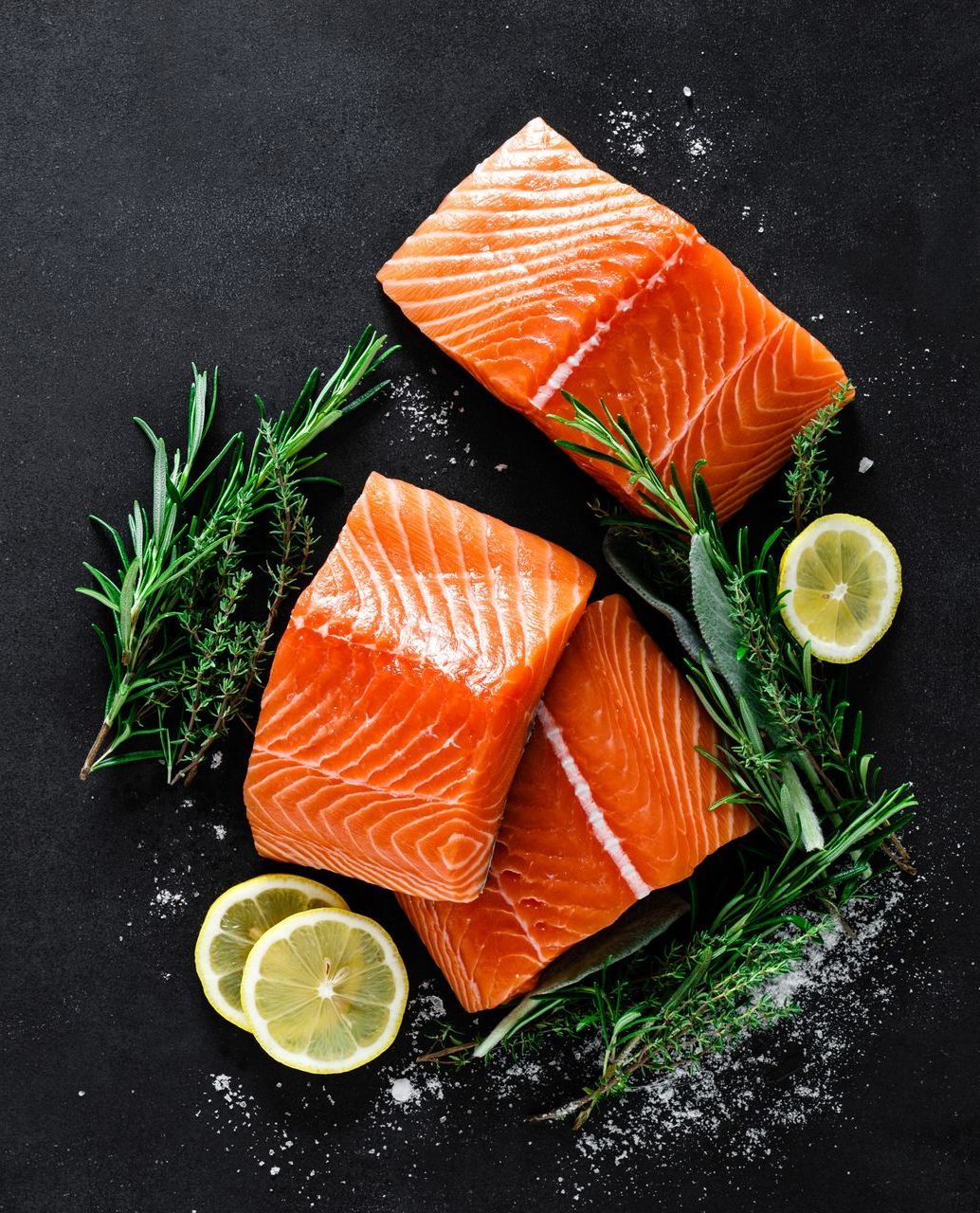
Fish & Seafood
Salmon prices were high towards the end of 2023. Although there was some easing, Scottish fish remain very expensive as a result of adverse weather conditions (notably Storm Babet and Storm Ciaran) interrupting supply and limiting volumes available.
Flat fish should be avoided currently. Plaice and Megrims (Cornish Soles) are in spawning season between January and April. Dover soles should be steady in price but the strong export demand from the continent is keeping prices buoyant.
Meat & Poultry
A high demand continues for steak cuts and beef roasting joints with many clients seeking to find alternative value for money cuts, however all prime beef cuts are now carrying strong money with feather blades, ox cheeks, dicing/mincing cuts and ribeye being the most popular.
The retail industry is now seeing stronger sales within slow-cooking braising and roasting cuts and the increased demand is driving the price upwards on forequarter and hindquarter meat.
Rising fuel costs and fertiliser costs have again pressured the industry with no respite expected into the winter months with natural gas costs driving the increases. Cattle feed, whilst showing some cost respite from 2022, remains high and unstable across the globe.

